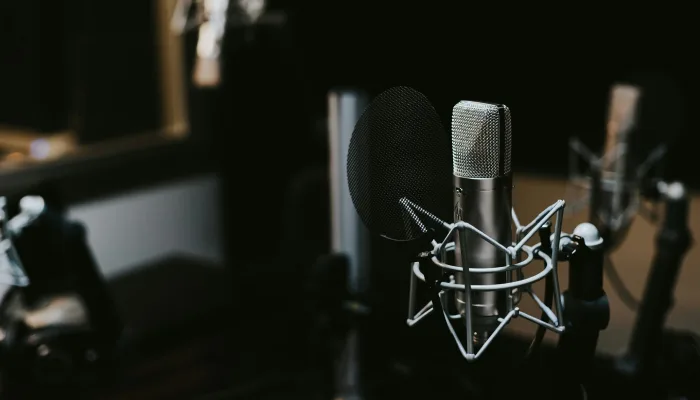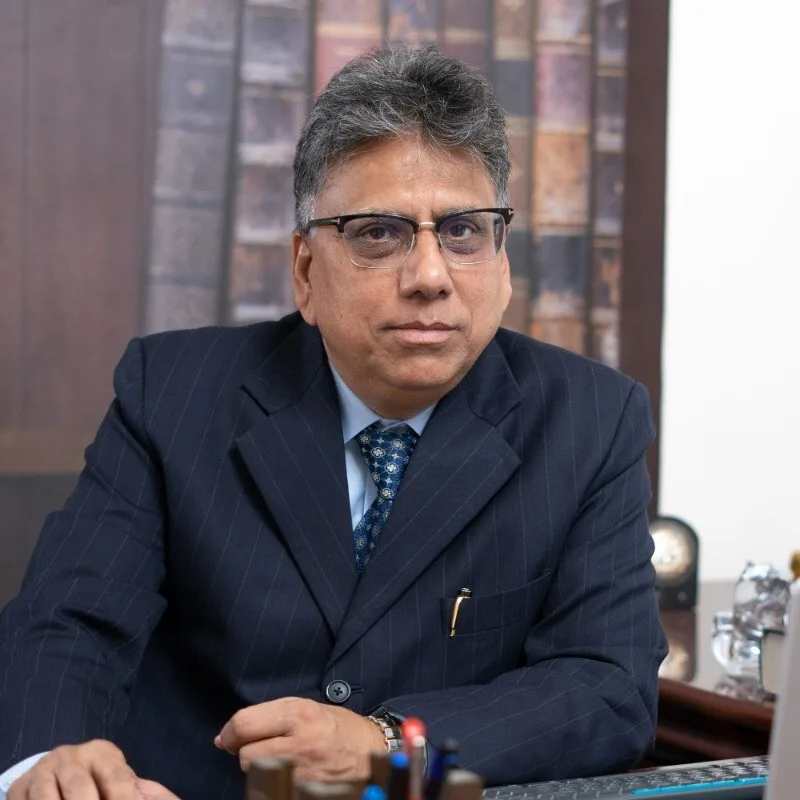
Introduction
It is trite to say that copyright is a bundle of rights. This truism is best demonstrated when a song is played on the radio. Under the Copyright Act in India, copyright attaches to original literary, musical and dramatic works; sound recordings and cinematograph films. The creation of a song at the most basic involves the intermeshing of lyrics and musical composition (literary and musical copyrights) to supplement a singer’s performance, and all of these elements reduced to permanent form by way of a mechanical sound recording right. When played on the radio, the song brings into play a blend of these underlying rights into one final ensemble.
One question that has bedeviled the Indian jurisprudence over the years has been: who owns rights in the final song:
- whether it is the sound recording company/film producer who has commissioned the artists (song writers & music composers) to compose their works for incorporation in a sound recording or cinematograph film.
- OR whether the authors of the underlying literary & musical works in a song continue to enjoy their independent rights even after these have been so incorporated.
Prior to the amendments to the Copyright Act in 2012, the Indian jurisprudential landscape in this branch of law had been dominated by the following binding judgments:
- Indian Performing Rights Society Limited Eastern India Motion Pictures Association (AIR 1977 SC 1443): Applying the existing provisions of the copyright law at the relevant time, the Supreme Court of India held that the author/composer of lyric or musical work who had authorized a cinematograph film producer to incorporate his work in a cinematograph film ceases to own any independent rights, and the film producer as copyright owner of the film owns all the rights including these underlying rights.
However, while agreeing with the leading opinion in the said judgment, Krishna Iyer, J authored a footnote, lauding the creative contributions of the authors of the underlying works and calling for a Parliamentary intervention to address the infirmities in the law as it then existed in relation to such authors.
- The 1977 judgment of the Supreme Court was followed by numerous subsequent judgments including a Division Bench judgment of Calcutta High Court in Eastern India Motion Pictures vs. Performing Rights Society Ltd. (AIR 1978 Cal 477) and a single judge bench of Bombay High Court in Music Broadcast Pvt. Ltd. V. IPRS (Suit No. 2401 of 2006), all to the effect that the authors of the original underlying literary and musical works embodied in sound recordings/cinematograph films had no right to interfere with the rights of owners of such sound recordings/cinematograph films to communicate the same to the public, including by broadcast through radio stations.
- International Confederation of Societies of Authors and Composers (ICSAC) vs. Aditya Pandey (2017) 11 SCC 437): it was a judgment passed by the Supreme Court under the pre-2012 Copyright Act in the context of rights held by the authors and composers of lyrics and music composers against the claims of sound recording companies. Applying the ratio of the 1977 Supreme Court judgment, the Supreme Court again reiterated that the author/composer of a lyric or musical work who has authorized a sound recording producer to incorporate his work in a sound recording, ceases to own his independent rights, and these rights come to vest in the sound recording producer as owner of copyright.
As the facts involved in this judgment predated the 2012 amendments, the Supreme Court specifically limited its interpretation to the legal regime prior to 2012 and did not express any opinion on their scope and effect.
Thirty five years after the Supreme Court’s 1977 IPRS judgment, the Indian Parliament finally took notice of the infirmities in the law and brought in a batch of amendments to the Copyright Act in 2012 with the object to confer independent rights in the hands of composers of lyrics and music even after their works were incorporated in cinematograph films and sound recordings (the only exception being when a cinematograph film was played in a cinema hall, the producer enjoyed all the rights in the film including these underlying rights). The amendments came about as a result of a concerted & sustained lobbying on the part of these authors against the mighty juggernaut of the producers of films and sound recordings. As a result of these amendments, the authors were conferred inalienable and non-waivable rights to an equal share in the royalties accruing from all forms of exploitation of their works as part of the cinematograph films and sound recordings (with the exception in respect of theatrical exploitation of a cinematograph work).
The Parliament sought to nullify the effect of the 1977 IPRS judgment by specifically providing that the rights of the authors of the underlying works (lyrics and music) would not be affected by the exclusive rights vested in producers of cinematograph films (new Proviso to Section 17, Third & Fourth Provisos to Section 18 (Assignment), new sub- sections 9 and 10 to Section 19 (Mode of Assignment).
On April 28, 2023, in a first authoritative landmark judgment on the effect of the 2012 amendments, a single judge of Bombay High Court, taking note of the Report of the Parliamentary Standing Committee, the Statement of Objects and Reasons and the specific nature of the amendments introduced, held that “all of them point towards additional protection of rights envisaged for authors of such literary and musical works, who had hitherto lost their rights once they were assigned to the producers of cinematograph films incorporating sound recordings or sound recording as such.” In reaching its conclusion, the single judge differed with the contrary short opinion expressed by a single judge of Delhi High Court in IPRS v. Entertainment Network (India) Limited dated January 4, 2021, in a dispute predating the 2012 amendments, to the effect that the 2012 amendments do not alter the provisions of the Copyright Act.
The Bombay High Court judgment reflects an evolving judicial recognition of the special rights conferred on the authors of the underlying works in a cinematograph films/sound recording and is bound to bring about much needed legal certainty in the balance of rights under the copyright law in India.
On May 23, 2023, though not directly applicable to the special rights recognized in the 2012 Amendments, a single judge of the Delhi High Court in RDB And Co. HUF v Harper Collins Publishers India Private Limited held that:
- the right to make a novel from a commissioned film screenplay would continue to vest in the author of such screenplay, and the film producer would not be entitled to object to such novelization;
- that the author of a literary work (such as a screenplay) enjoys several rights under the Copyright Act including the right to reproduce the work in any material form, perform the work in public, or communicate it to the public, make any cinematograph film or sound recording in respect of the work or make any adaptation of the
- When commissioned to write a screenplay for a film, the author is deemed to have surrendered only the specific right to make a film in favour of the producer by virtue of Section 17 (b)
- that, unless there is an assignment in writing, the author of such screenplay would continue to own copyright in all the remaining rights, and the copyright in the cinematograph film or sound recording does not affect any such other rights (Section 13(4).

